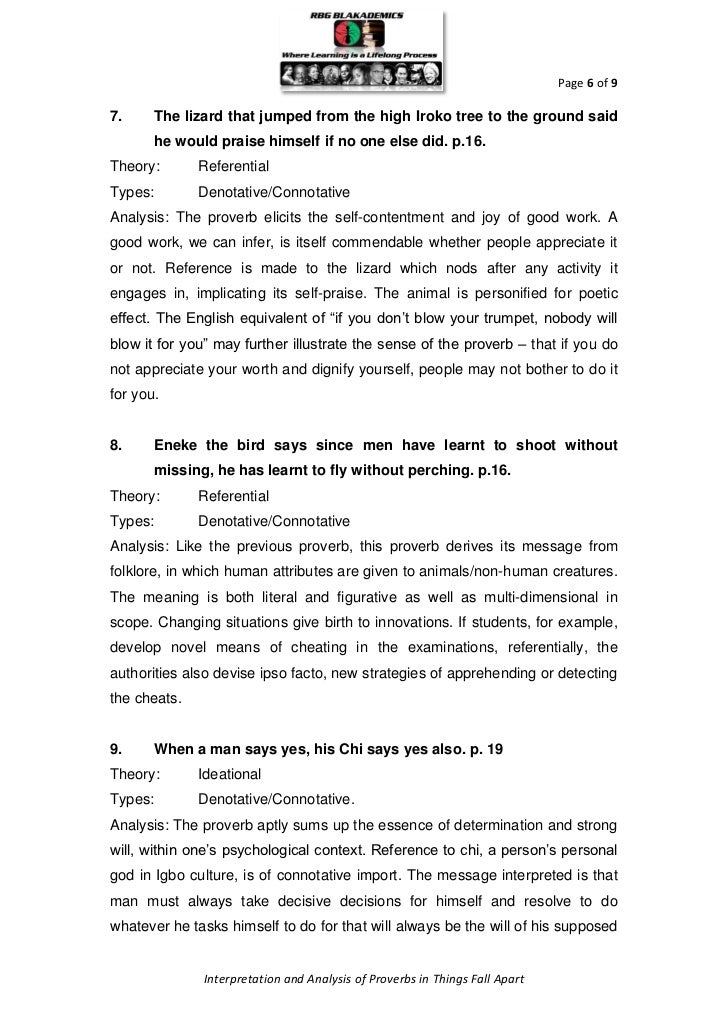
Flora Nwapa’s ‘ Efuru’ has the distinction of being the first work written by a female African writer. It follows the opposition to the British within the context of the Mau Mau uprising in Kenya and the effect this has on a Gikuyu family. Ngugi would, in this book, contrast the idyllic and communal life of the people of Gikuyu with the disruptions of a power-grabbing colonial government. Ngugi’s work, ‘ Weep Not Child,’ follows the Gikuyu and their struggles with their colonial overlords. A lot of other writers took Achebe’s lead in situating their works within these settings such as Ngugi Wa Thiong’o and Flora Nwapa. ‘ Things Fall Apart‘ is the first of its kind to reconstruct the idyllic setting of pre-colonial African life and to deal with the disruptive influences of colonial forces on this life.

The book is almost singlehandedly responsible for Achebe’s gigantic stature within African literature, earning him the designation of the ‘Father of African literature’ and influencing a generation of young African writers in the process. He wrote the book to correct the negative and uncomplimentary impression about pre-colonial Africa arising out of these accounts.

Perspective and Narrator: Third-person omniscient.Setting (Place): Pre-colonial and Colonial Eastern Nigeria.
The book won him widespread acclaim and became so ubiquitous that it often represents the foreigner’s first contact with traditional African society. He was able to successfully present an image of African society just before and immediately after contact with the Europeans that was deserving of being respected and seen as fully human. ‘Things Fall Apart’ is Chinua Achebe’s attempt at hijacking the prejudicial conception of Africa as seen in the literature of the colonialists and their enablers.


 0 kommentar(er)
0 kommentar(er)
